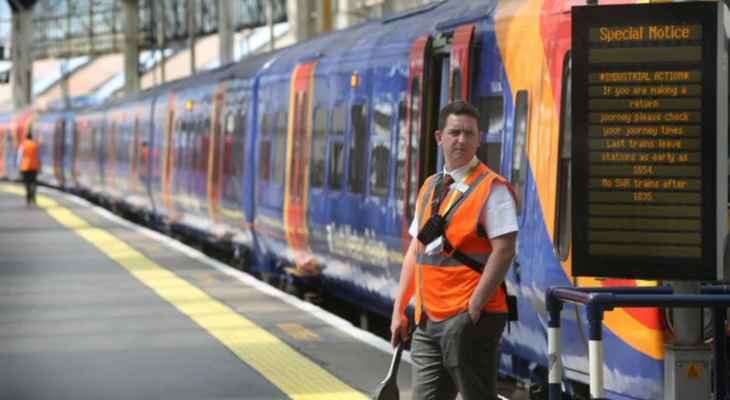Railway unions have announced that they will go on strike again across the UK on 27 July, 18 August and 20 August to protest wages, job cuts and working conditions.
Machinists at eight companies also announced a separate strike on the thirtieth of this month over wages.
And rail union general secretary Mick Lynch told the BBC that “the government needs to understand that the conflict will not just disappear” and demanded that “operating companies offer wage increases to workers, which helps them during a price crisis” of funds livelihood and provide them with job security and good working conditions.
Last month, railroad workers staged a three-day strike, unprecedented in decades, which caused great confusion in traffic, but the strike did not lead to a change in the position of companies on the issue of wage increases and job cuts.
The government is seeking to reform the rail sector so that it remains viable and is not subject to severe financial pressure or bankruptcy, and has also sought to reduce the number of train tickets, which have increased significantly over the past three years.
It is worth noting that most rail operators are not owned by the state, with the exception of Network Rail.
The government has set aside £16bn to help rail companies during the coronavirus outbreak as they face a significant drop in their revenues due to the general closure.
Source: El Nashra
